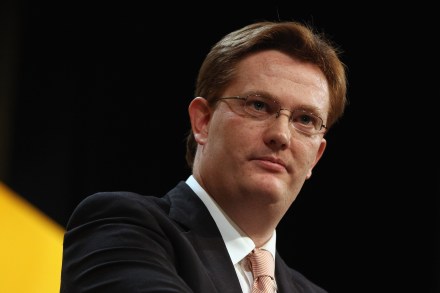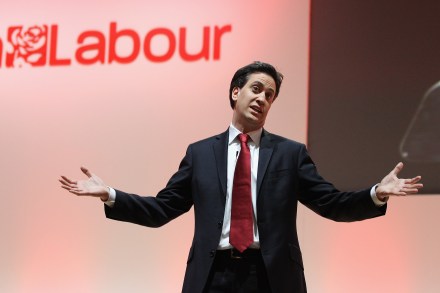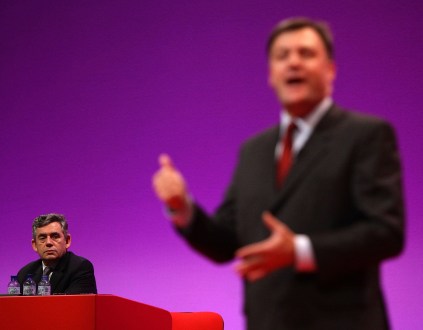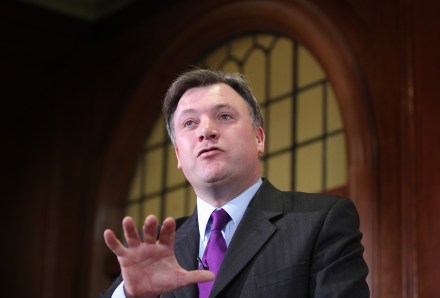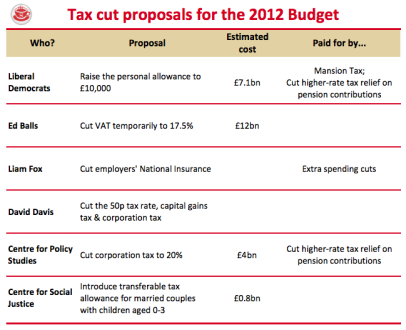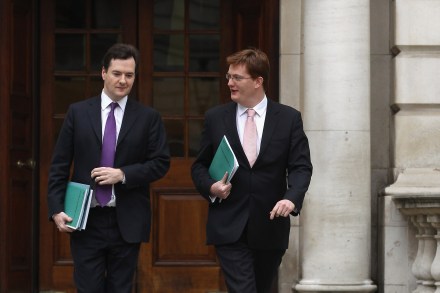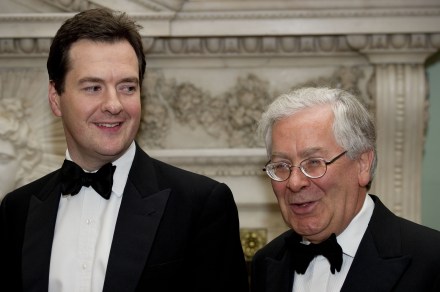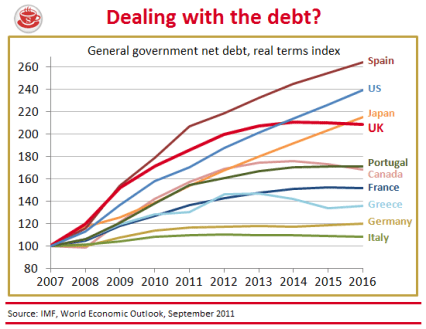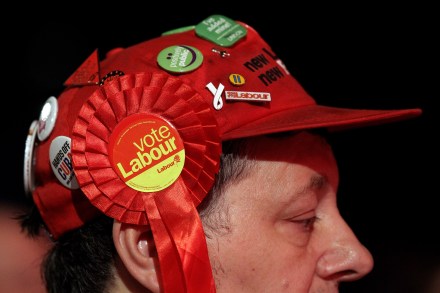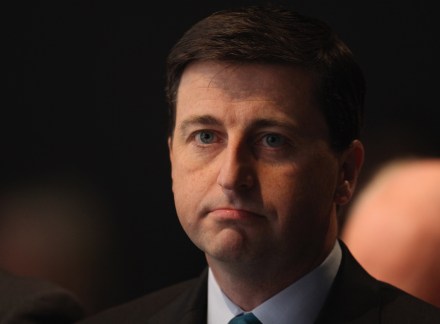Transcript: Balls vs Alexander on tax credits
On the Today programme this morning, Ed Balls aired his criticisms of the government’s tax credit changes — which come in tomorrow. He was followed by Danny Alexander, who emphasised the £630 increase in the personal allowance and argued that the measures are necessary ‘to deal with Labour’s economic mess’ and to create a tax and benefit system ‘which encourages and incentivises work’. Here’s the full transcript of both interviews: James Naughtie: Now, in every set of tax changes there are winners and losers and after today, the end of the tax year, people will be able to assess what the government’s changes to tax and benefits are going
